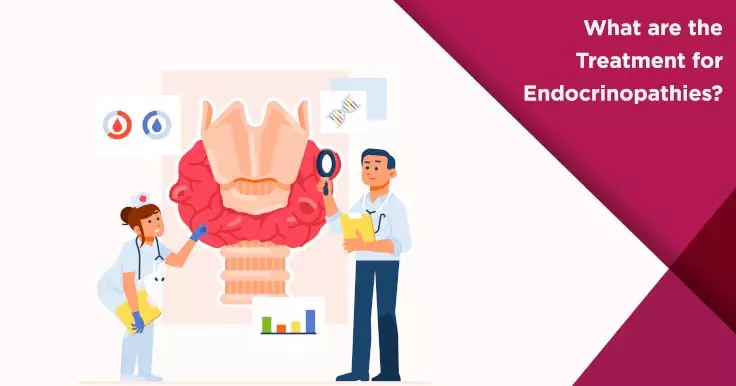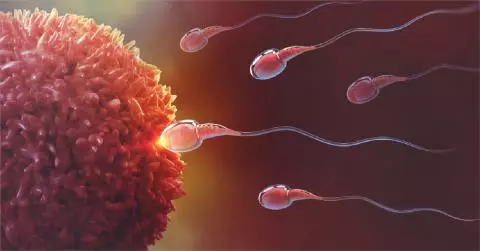Endocrinopathies and Infertility: Treatment Options Explained

Endocrinopathies refer to diseases that affect the endocrine glands. These glands are responsible for the secretion of hormones that affect a number of bodily functions such as metabolism and fertility.
The two most common endocrinopathies are hyperthyroidism and hypothyroidism. These conditions affect the thyroid gland which is situated at the front of the neck, just below the Adam’s apple. In the case of hyperthyroidism, too much of the thyroid hormone is released while in the case of hypothyroidism, inadequate amounts of the hormone are released.
Treatment for Endocrinopathies
Thyroid disorders can be treated in many ways. Medication is usually the first form of treatment. In some cases, surgery may be advised. Making certain lifestyle changes may also help. For example, cabbage, broccoli and spinach should be avoided by hypothyroid patients. Similarly, egg whites and oats can be beneficial for hyperthyroid patients.
Thyroid Medications
In the case of hypothyroidism, medication may be prescribed to replace the missing hormone. This is a type of synthetic thyroid hormone that can be taken orally. Medication can help prevent the thyroid gland from releasing excessive hormones or reduce the production of thyroid hormone. Medication may also be prescribed to help control the symptoms such as increased heartbeat that is associated with hyperthyroidism.
Radioactive Ablation
If medication does not help control the condition, radioactive ablation may be performed. This involves giving the patient iodine doses that have been labelled with radioactivity. This helps destroy selective thyroid tissue and thus reduce the production of thyroid hormones.
Thyroid Surgery
Surgery may be advised to remove a hyperfunctioning nodule inside the thyroid gland or a large goitre. This is usually advised in cases where there is a high risk of thyroid cancer. In some cases, the entire thyroid gland may need to be removed. In such cases, the patient will need to take synthetic thyroid hormones for the rest of his life.
In most cases, medication alone is enough to manage these conditions. It is important to remember that these conditions are not life-threatening. Even if surgery is required, it does not usually cause other major complications. If the condition leads to thyroid cancer and is diagnosed in the early stages, it may be treated and cured. However, if it is diagnosed in the later stages, the patient may have a poor prognosis.
 Infertility Counselling
Infertility Counselling Female Infertility Treatment
Female Infertility Treatment Andrology Treatment
Andrology Treatment Fertility Enhancing Surgeries - Female
Fertility Enhancing Surgeries - Female Fertility Enhancing Surgeries - Male
Fertility Enhancing Surgeries - Male Endoscopy Treatment
Endoscopy Treatment IUI Treatment
IUI Treatment IVF Treatment
IVF Treatment ICSI Treatment
ICSI Treatment Advanced IVF Solutions
Advanced IVF Solutions Embryology
Embryology Vitrification Egg, Embryo, Sperm Freezing
Vitrification Egg, Embryo, Sperm Freezing Preimplantation Genetic Testing (PGT)
Preimplantation Genetic Testing (PGT) Donation Program Embryo / Egg / Sperm
Donation Program Embryo / Egg / Sperm Self-cycleTM IVF
Self-cycleTM IVF

 Self-cycleTM IVF
Self-cycleTM IVF









